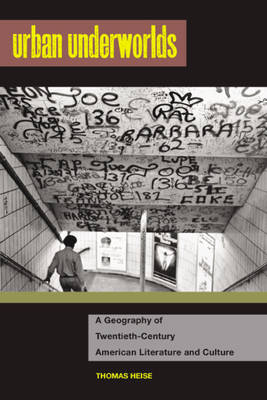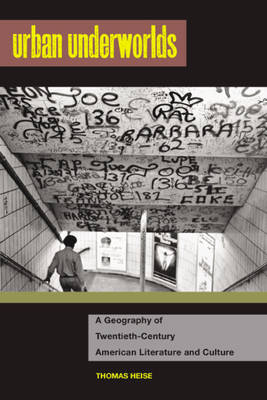
- Retrait gratuit dans votre magasin Club
- 7.000.000 titres dans notre catalogue
- Payer en toute sécurité
- Toujours un magasin près de chez vous
- Retrait gratuit dans votre magasin Club
- 7.000.000 titres dans notre catalogue
- Payer en toute sécurité
- Toujours un magasin près de chez vous
150,95 €
+ 301 points
Description
Urban Underworlds is an exploration of city spaces, pathologized identities, lurid fears, and American literature. Surveying the 1890s to the 1990s, Thomas Heise chronicles how and why marginalized populations immigrant Americans in the Lower East Side, gays and lesbians in Greenwich Village and downtown Los Angeles, the black underclass in Harlem and Chicago, and the new urban poor dispersed across American cities have been selectively targeted as "urban underworlds" and their neighborhoods characterized as miasmas of disease and moral ruin. The quarantining of minority cultures helped to promote white, middle-class privilege. Following a diverse array of literary figures who differ with the assessment of the underworld as the space of the monstrous Other, Heise contends that it is a place where besieged and neglected communities are actively trying to take possession of their own neighborhoods.
Spécifications
Parties prenantes
- Auteur(s) :
- Editeur:
Contenu
- Nombre de pages :
- 304
- Langue:
- Anglais
- Collection :
Caractéristiques
- EAN:
- 9780813547848
- Date de parution :
- 16-11-10
- Format:
- Livre relié
- Format numérique:
- Hef-de-vouw boek
- Dimensions :
- 155 mm x 231 mm
- Poids :
- 539 g







